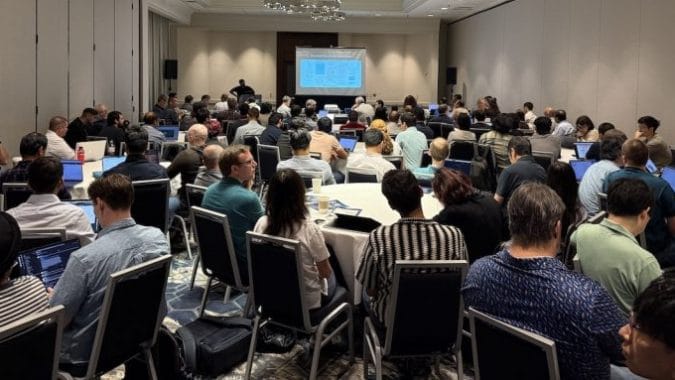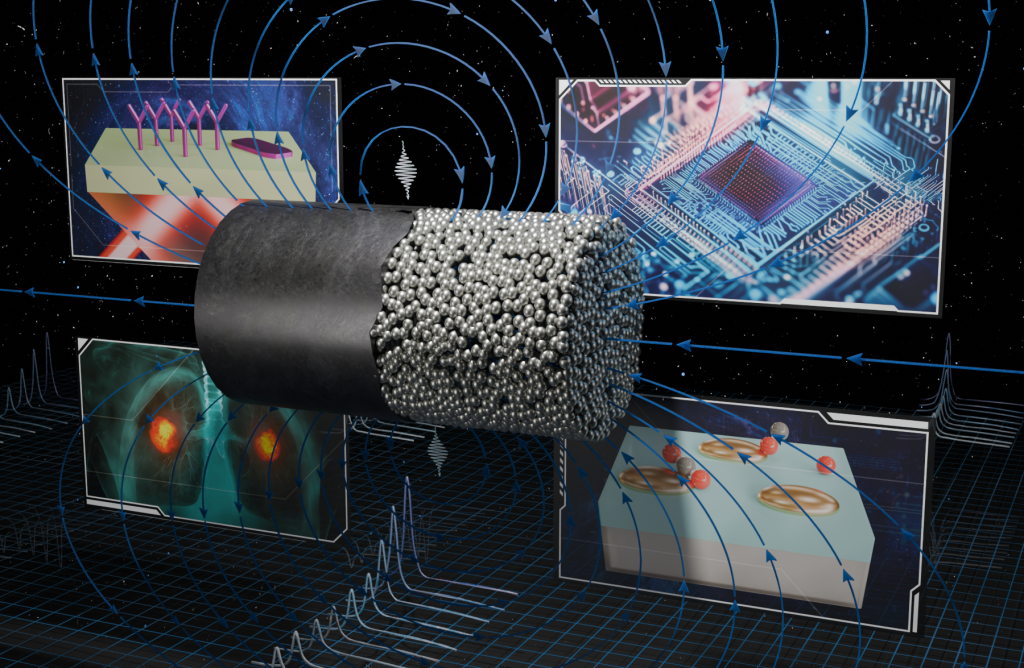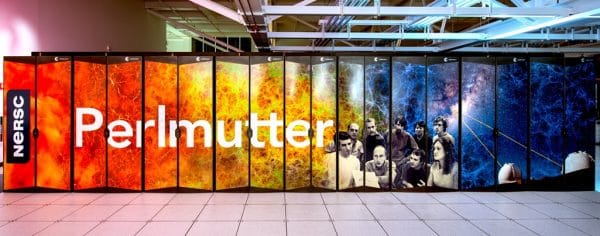
A relative newcomer to the quantum computing landscape is the MIT Quantum Index Report (QIR), launched in May this year by MIT’s Sloan School of Management. The broad idea, according […] Source: Introducing the MIT Quantum Index Report | HPCwire

A relative newcomer to the quantum computing landscape is the MIT Quantum Index Report (QIR), launched in May this year by MIT’s Sloan School of Management. The broad idea, according […] Source: Introducing the MIT Quantum Index Report | HPCwire

Scientists have tapped artificial intelligence and powerful computing to take a first step to speed up how quickly officials are able to learn important details about nuclear events such as […] Source: Scientists Investigate Use of AI to Speed Analysis of Nuclear Materials | HPC Wire

Monday marked day one of TPC25, the Trillion Parameter Consortium’s all-hands conference and exhibition in San Jose, Calif. A group of over 130 participants gathered for a morning plenary session […] Source: Agentic AI Sets the Tone at TPC25’s Hackathon and Tutorial Plenary Session – HPC Wire

When it comes to AI and HPC workloads, networking is critical. While this is well known already, the impact your networking fabric performance has on parameters like job completion time […] Source: Can Ethernet replace InfiniBand? | HPCwire

A special report posted today by Nature Communications Engineering celebrates Women in Quantum and presents viewpoints from eight scientists working to advance quantum technology. “In celebration of International Women in […] Source: Nature Communications Engineering Celebrates Women in Quantum | HPCwire

A research team from the Department of Energy’s Oak Ridge National Laboratory, in collaboration with North Carolina State University, has developed a simulation capable of predicting how tens of thousands of electrons move in materials in real time, or natural time rather than compute time. The post ORNL: Researchers Simulate Tens of Thousands of Electrons […]

Where We Are: On June 3, Intersect360 Research released our most recent market numbers for the HPC market. At the top level, things look great. We found a 24.1% growth […] Source: HPC Finally Found Its Killer App – Can It Survive? | HPCwire

Over the years, electronic chip manufacturers have been building more powerful chips to meet the demands of modern electronic devices. However, the explosive rise of AI has placed immense pressure on computing technology, demanding faster and more efficient processors to keep up. The post New Breakthroughs Bring Photonic Chips Closer to Reality appeared first on […]

The National Energy Research Scientific Computing Center (NERSC) at Lawrence Berkeley National Laboratory is a powerhouse for computing in science research, enabling the work of nearly 11,000 scientists every year. Research powered by NERSC systems is helping transform our understanding of everything from fundamental physics to deadly viruses and paving the way for artificial intelligence […]